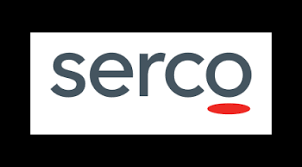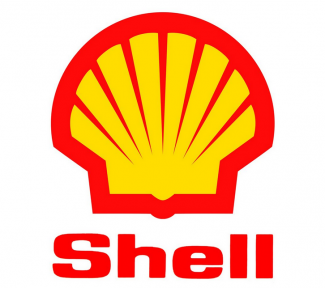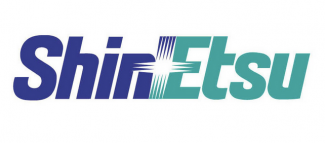Gulliver
Exposing corporate wrongdoing
Type the name of a company in the search box below. To conduct a wider search, please pick from one (or more) of the drop down menus below.
Serco
Serco was founded in 1929 as RCA Services Limited. It changed its name to Serco in 1987. Its main business is privatized government services in the sectors of health, transport, justice, immigration, space, defence and citizens services. In addition Serco also runs six prisons, an immigration removal centre and the sleeper train from London to Scotland in the UK.
In 2013 the company was accused of defrauding the British government in their electronic tagging (of offenders) contract. The company was fined, and two managers were prosecuted. Serco was fined £23 million after claims it had charged the government for electronically monitoring people who were either dead, in jail, or had left the country. Serco has also paid the ministry of Justice £70 million in a civil settlement.
In 2020, the UK government came under fire for awarding a no-bid £57 million contract to Serco run COVID testing centers in the UK.
Shell Plc (Royal Dutch Shell)
Royal Dutch Shell is a fossil fuel exploration company. In the Niger River Delta, the company was responsible for an average of 2,976 spills a week between 1976 to 1991, on the land of the Ogoni people. The Ogoni say that Shell was behind the hanging of nine Ogoni activists fighting Shell, including poet Ken Saro-Wiwa. In Durban, South Africa, Shell is a part-owner of the South Africa Petroleum Refinery, where rates of leukemia are 24 times higher than the national average and children suffer 4 times the respiratory problems. Shell also operates a chemical plant and a refinery in Norco, Louisiana, in a predominately African-American community known as “Cancer Alley.” Seven workers were killed in a 1988 explosion at the refinery. The flares from the refinery burned so bright after Hurricane Ida in 2021 that they could be seen 25 miles away.
Shin-Etsu Chemical
Shin-Etsu is a chemical maker based in Tokyo, Japan, that was founded in 1926 in Nagano prefecture to make nitrogen fertilizer. Later it expanded into other products like polyvinyl chloride (PVC) and semiconductor silicon. Shintech, a wholly owned subsidiary of Shin-Etsu, opened a PVC factory in Freeport, Texas, in 1974 and proposed a new plant in Convent, Louisiana, but was defeated in 1998 by environmental justice activists after a massive fight over projected dioxin, ethylene dichloride and vinyl chloride pollution – all of which are known carcinogens. However, Shintech ultimately won approval of two other plants nearby – in Addis and Plaquemine that were constructed in 2000 and 2008 respectively and then expanded several times.
In 2008, Shintech was ordered to pay total penalties of over $12 million for air pollution in Freeport, and in December 2020, the company was ordered to pay $356,000 for incidents involving thousands of pounds of chemical releases and worker injuries over a dozen years at the Louisiana plants. Eight weeks after the Louisiana settlement, the state approved a $1.3 billion expansion of the company’s facilities in Plaquemine, but environmental justice activists have started to organize to try to stop it. Unfortunately local politicians in Iberville parish have not merely agreed to the Plaquemine expansion but approved a $110 million tax break for the company.


